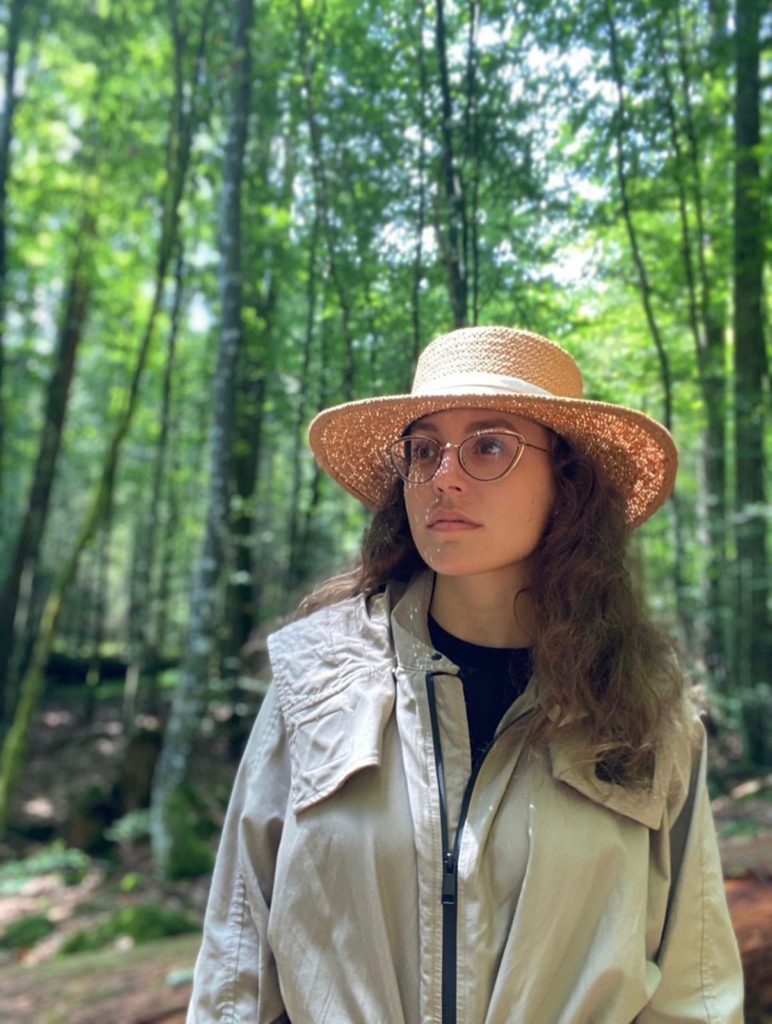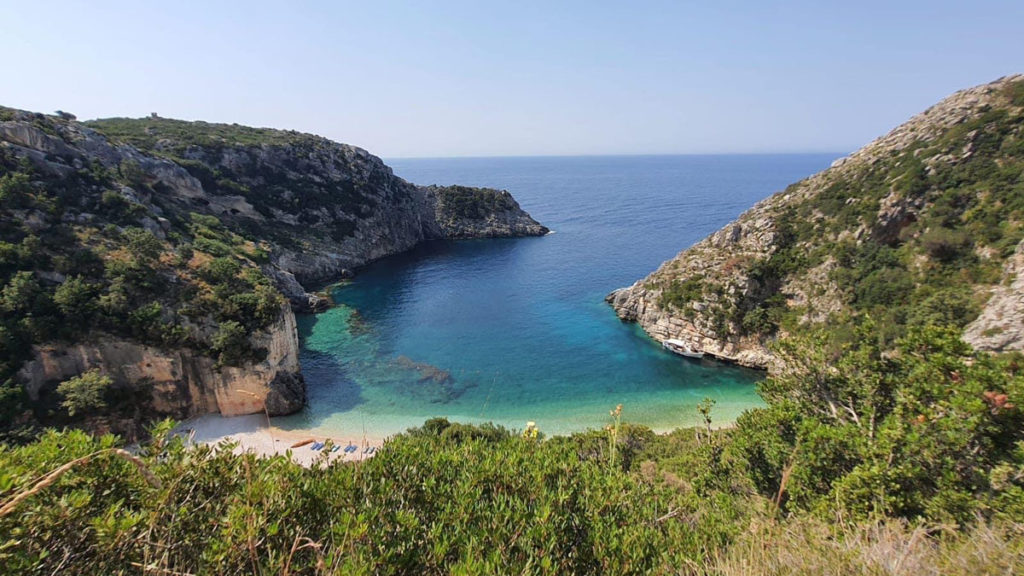In the latest episode of our series on national ranger associations, we visit Albania and its rangers – hosts of our European Ranger Congress (ERC) in October. Rangers in Albania might not have a long history. But their commitment and also their tasks are often all the greater, as Artenisa Peçulaj reports. She is Environmental Biologist, ERF-secretary and co-organizer of the ERC with Albanian National Parks Association and the ERF and talked with us about the development, construction sites and opportunities of the ranger profession in Albania.
Artenisa, you work at Albanian National Parks Association as representative of Albanian Rangers for a long time. What is it like to be a ranger in Albania these days?
The colleagues here in Albania work against the background of a still young history of rangers: the concept of this profession and its duties are quite new in our country. It started in 2015 with the creation of the National Agency of Protected Areas. Before that, Albania focused mainly on the economic value of nature. Since 2015, issues like sustainable tourism, nature education and research became more important, as well as the expansion of protected areas. Today around 23 percent of the whole country are protected areas in different categories, among them several national parks, including one marine national park, and two sites of Unesco Nature Heritage, concerning beech forests. Today, around 300 rangers look after these areas. Their main challenge is under-equipment – not only in terms of the number of staff covering the area, but also related to tools or knowledge. The share of protected areas is growing. But this has to happen hand in hand with better funding, development and stability for rangers.
“In a developing country, it is a challenge for the good work for conservation to keep up with attention to the fast-growing economy with quick profits.”
Artenisa Peçulaj, Environmental Biologist and Co-organizer of the ERC with Albanian National Parks Association

How do rangers deal with the need for equipment and knowledge?
There are different projects and diplomatic missions present in Albania. Some of them are the main funders in nature protection and cover gaps left by missing political support. The staff working in protected areas tries to channel the funds to where there is a need. Concerning professional training, rangers depend on the agenda of institutions for training, also on the network of IRF and ERF, which enable them to participate in training – sometimes based on state budget or on the mentioned projects. In general, we see that there is always an effort to connect experiences from elsewhere to Albania in the international network. For example, there is a connection between Prespa National Park and Shebenik National Park, both located in Albania, with the Bavarian Forest National Park regarding monitoring with camera traps.
A big booster for international networking has been the European Ranger Congress in Czech Republic 2017, where the Albanian National Parks Association was suggested to be reestablished now as representative of the Albanian Rangers. Our rangers have learned about building national associations and the idea of networking. As one outcome, a junior ranger program was implemented with the support of Natura 2000 and the knowledge of European rangers experienced in that field. In collaboration with the Swiss Rangers, for example, where representatives of Albanian Protected Areas were trained for conducting a Junior Ranger Programme. This was a result of a twinning program with the Swiss rangers, also including training on how to monitor specific species or use other tools for nature protection. In return, rangers in Europe can learn from the experience and expertise of Albania’s rangers: for example concerning findings on research in the large mammal fauna, skills for the analysis of primeval red beech forests or the recording of ground-nesting birds.
“Rangers in Albania are already strongly committed – imagine how this would be with more support.”
Artenisa Peçulaj on the dedication of rangers in Albania
What does ranger work mean to the public and how is its standing developing?
We started from scratch, also concerning tools for visitor experience and visitor centers. By building both, a visit to our national parks enables the public to experience and learn about the great value of nature protection. However, there is still work to be done in terms of appreciating and supporting the work of rangers and regarding the description of their tasks. Sometimes they are overloaded: Beside their scientific work, they are often responsible for nature education, tourism management, guiding visitors, emergency management in case of fires or people reported missing in their area. Those are a lot of tasks regarding the low capacity. But due to the pandemics, many seem to understand the importance of nature protection and feel the urge for it, also caused by initiatives from UN and other international organizations. The 30 by 30 agenda, for example, gets a lot of attention and will commit all countries to prioritize nature protection. I think this will also mean more appreciation for all those who are committed to conservation.
This content is sponsored by


